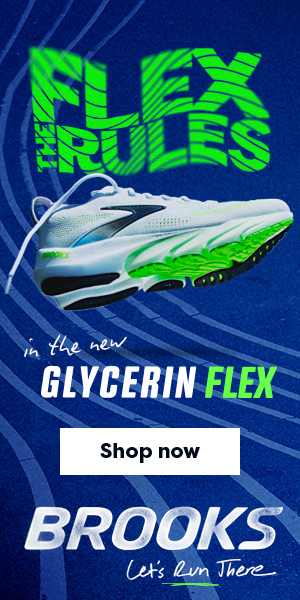Calcium is important for keeping your bones and muscles strong and healthy in order to be able to tackle runs of all distances and efforts. And while logging kilometres regularly and cross-training no doubt help, certain minerals do, too.
Among them? Calcium—which also happens to be one of the body’s most important minerals in general, according to Victoria Kang, D.O., family medicine physician with a subspecialty in sports medicine at Cedars-Sinai Medical Center in Los Angeles.
“Calcium is a token to get different body organ systems to work, and it forms and maintains healthy bones, since most calcium is stored in your bones,” she told Runner’s World. “Calcium also helps your heart muscles pump and transmits signals to your nerves so your muscles contract.”
Based on guidelines from the Institute of Medicine (IOM), adults should get 1,000 milligrams (mg) of calcium per day. However, Kang suggests that if you’re pregnant or breastfeeding, you should up your daily intake to 1,200 mg to 1,300 mg. For context, Parmesan cheese has 331 mg of calcium per ounce (28 grams), and 8 ounces (oz) of plain, full-fat yogurt has 274 mg of calcium.
If you’re low on calcium over an extended period of time, it can lead to weakened bones and an increased risk of fractures, according to Nicole Lund, M.S., R.D.N., clinical nutritionist at NYU Langone Health’s Sports Performance Center.
Not sure if you’re getting enough calcium? While Kang says there are no immediate symptoms of a calcium deficiency, you will start seeing signs after a while. Here are five to look out for that might point to a consistent lack of the mineral—plus what you can do to increase your intake.
1. Your muscles are always cramping up

Because calcium helps with muscle contraction, low levels of the mineral means you might experience more muscle cramps than usual, Kang says, specifically in your back and legs.
2. Your hair and nails are brittle
Calcium facilitates hair and nail strength and growth, says Kang. If you aren’t getting enough calcium, your hair and nails could take a beating. Weak, brittle nails and thinning, damaged hair are all telltale signs that you might have a deficiency.
3. You feel tingling or numbness in your extremities
Hands or feet always going numb? Your calcium levels might have something to do with it, according to Kang. This is because the mineral is responsible for the transmission of nerve signals, so if you aren’t getting enough calcium, there’s a lack of signals firing.
4. Your heartbeat is irregular
Because calcium is responsible for things like nerve transmission, muscle contraction, and blood vessel contraction and dilation, a lack of calcium is linked to improper heart function, according to Kang. If you feel your heart fluttering or pounding, shortness of breath, or chest pains, they could all be serious signs of a calcium deficiency, and you should see your doctor right away.
5. You’ve noticed an increase in bone-related injuries
There are a few reasons runners might experience stress fractures or shin splints—ramping up your mileage too fast is one of them. However, if you’re training the same way as you always have, but notice an uptick in bone-related injuries, a lack of calcium could be the culprit, says Kang.
This is due to the mineral boosting your bone mass—and the less you have in your body, the lower your bone mass will be, setting you up for a higher risk of injury.
Find out if you’re calcium deficient
According to Kang, there’s only one way to know for sure if you’re low on calcium: a blood test. If you experience one or more of the above signs on a regular basis, schedule a visit with your doctor to get one and confirm the results. A few weeks of adequate calcium intake should be enough to boost your levels, but again, another blood test is the only way to know for sure.
How to get more calcium in your diet

Foods like yogurt, milk, cheese, and kefir are all rich in calcium according to Lund, but there are tons of other non-dairy options, too—collard greens, turnip greens, spinach, broccoli, kale, tofu, almonds, and halibut are just a few.
[Build a killer midsection in the kitchen for effortless miles on the road with Eat for Abs!]
There are also supplements you can take, but Lund warns that there can be negative side effects that go along with them. For instance, calcium carbonate supplements may cause GI distress. (Calcium citrate is less irritating on your stomach, Lund says.) Look for products that say “tested for lead,” since there are some that contain trace amounts.
However, Kang cautions not to overdo it on your calcium intake—no more than 2,500 mg per day. Otherwise, you might experience gas, bloating, constipation, and an increased risk of kidney stones.
“I would recommend making a point to consume a variety of calcium-rich foods on a consistent basis and supplement with a small dose of calcium if needed,” Lund says. “In addition, consume adequate amounts of vitamin D to aid in absorption, and continue to participate in weight bearing activities like running and weight lifting to keep bones strong.”

